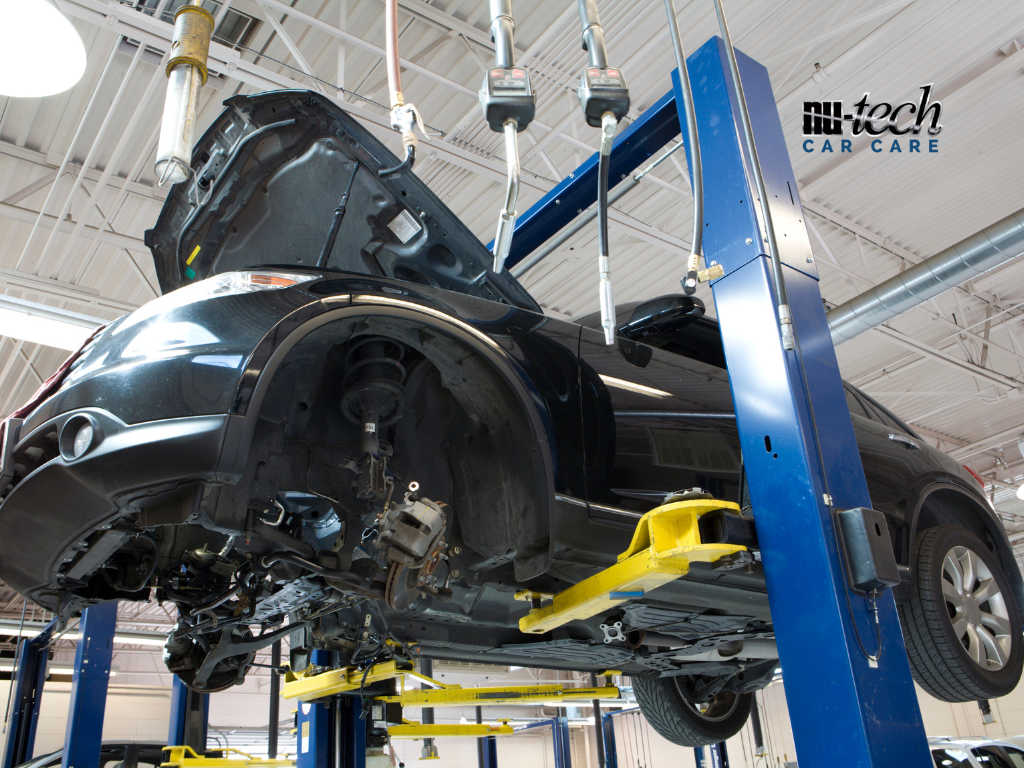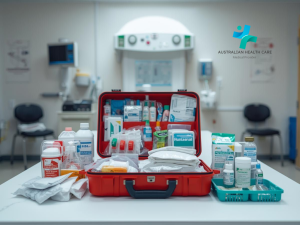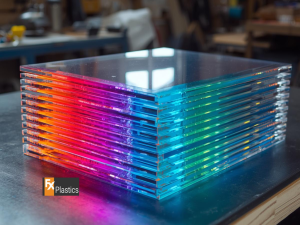 Types of Car Warranties
Types of Car Warranties
Car warranties come in different forms. First, you have the manufacturer’s warranty. This one usually covers the cost of repairs for a certain number of years or miles. Second, there’s the extended warranty. It kicks in once the original warranty expires. Dealer warranties, on the other hand, are provided by auto repair shops or dealerships. Finally, used car warranties apply to pre-owned vehicles.
Importantly, each type of warranty has its own terms and conditions. For example, the manufacturer’s warranty usually covers defects in materials or workmanship. Meanwhile, an extended warranty might cover certain types of mechanical breakdowns. Dealership warranties often include servicing at specific auto repair shops. It’s crucial to understand these differences when choosing a warranty.
Understanding Warranty Coverage and Exclusions
Warranty coverage and exclusions can often be complex. In essence, the coverage refers to what the warranty will pay for. Commonly covered items include the engine, transmission, and other major systems. But, bear in mind, regular maintenance items like oil changes or brake pads aren’t usually included. Also, if your car battery needs replacement due to normal wear and tear, it might not be covered.
Exclusions are items not covered by the warranty. For instance, damages resulting from accidents, improper maintenance, or alterations aren’t typically covered. Other exclusions may include environmental damage, like rust or hail damage. It’s always best to read your warranty document carefully to know what is and isn’t covered.
How to Make a Car Warranty Claim
Making a car warranty claim is easier than you might think. First, if something goes wrong with your car, take it to a professional car mechanic. They’ll diagnose the problem. If it’s a covered repair, contact your warranty provider. They’ll guide you through the process, which usually involves getting an authorization for the repair.
Next, you’ll take your car to an approved repair shop. Once the work is complete, the warranty company will pay the repair shop directly. In some cases, you might need to pay a deductible. The key is to keep all repair records. They can be vital if disputes arise about whether a problem was caused by a defect covered by the warranty.
Common Car Warranty Myths
There are several myths surrounding car warranties. One common myth is that you must have all repairs done at the dealership where you bought the car. However, you can typically get repairs done at any authorized auto repair shop.
Another myth is that car warranties cover all car repairs. As we’ve already discussed, this isn’t true. Warranties usually exclude certain items and types of damage. Yet another myth is that a warranty will last as long as you own the car. Most warranties have a set expiration, often based on mileage or the number of years since the car was first sold. Therefore, understanding the specifics of your warranty is crucial in debunking these myths and others.
What happens to my warranty if I sell my car?
Most manufacturers’ warranties are transferable, so if you sell your car while it’s still under warranty, the remaining warranty typically transfers to the new owner. However, the specifics can vary, so it’s best to check the warranty documentation.
Is a car warranty the same as car insurance?
No, they are not the same. A car warranty covers specific repairs or defects as outlined in the warranty terms, while car insurance provides financial protection against loss or damage due to accidents, theft, or other incidents.
Do I have to service my car at the dealership to keep my warranty valid?
No, you don’t necessarily have to service your car at the dealership for your warranty to remain valid. However, you should ensure that any mechanic or auto repair shop servicing your car adheres to the guidelines set out by the manufacturer.
What’s the difference between a powertrain warranty and a bumper-to-bumper warranty?
A powertrain warranty typically covers the engine, transmission, and other components of the drive system. A bumper-to-bumper warranty, on the other hand, covers most other parts of the car from front to back, excluding wear-and-tear items like tires and brake pads.
If I modify my car, will it void my warranty?
Modifying your car might void your warranty, especially if the modifications cause damage to parts covered by the warranty. It’s always a good idea to check with your warranty provider before making significant modifications to your vehicle.





